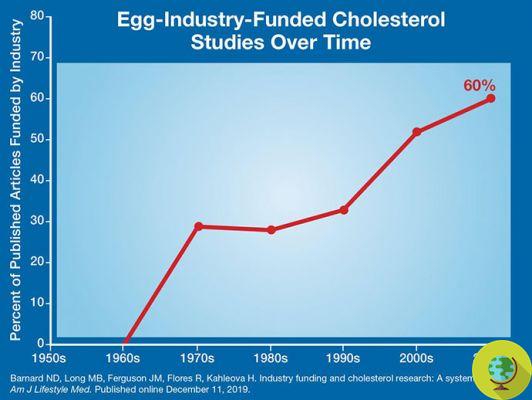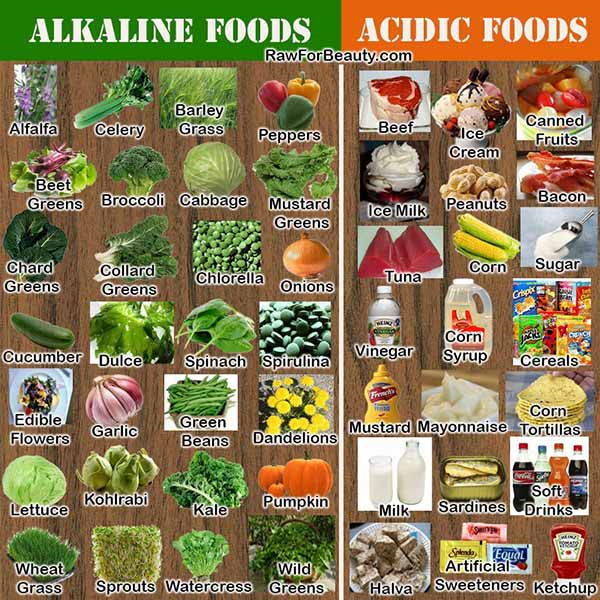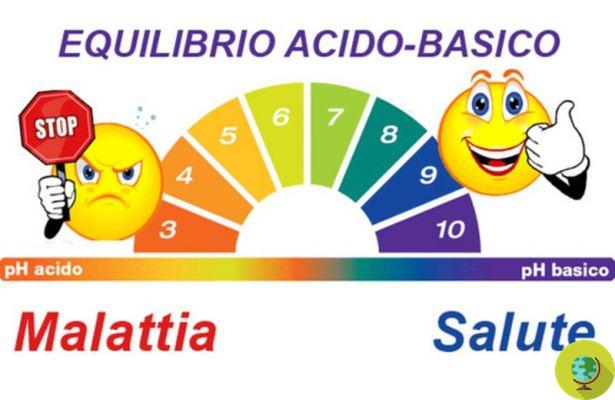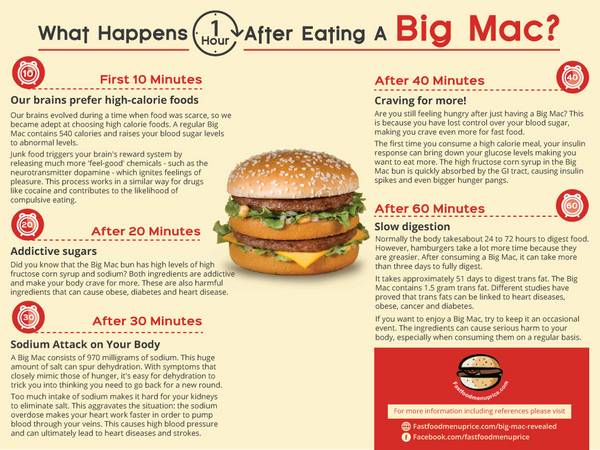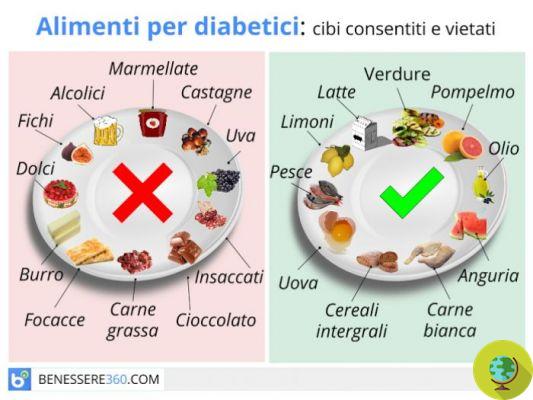
New study highlights increased risks of cardiovascular disease, pneumonia and more in those who frequently eat red or processed meat
Don't store avocado like this: it's dangerousA British research team has found a link between regular meat intake and a number of non-cancerous diseases, including heart disease and diabetes.
Intake of red and processed meat is already known to increase the risk of bowel cancer but a new study, conducted by the University of Oxford, has found that eating red meat, processed meat and poultry meat, alone or together, three times a week puts people at greater risk of other diseases as well.
"We have long known that unprocessed red meat and the consumption of processed meat can be carcinogenic but this research is the first to assess the risk of 25 non-cancerous health conditions related to meat intake in one study," he said. Dr Keren Papier of the University of Nuffield Population Health Department, head of research.
The types of meat listed above can increase the risk of heart disease because they contain saturated fatty acids, known to increase low-density lipoproteins or "bad" cholesterol.
But in addition to heart disease, what other diseases are we talking about?
“Greater consumption of unprocessed red meat and combined processed meat was associated with higher risks than ischemic heart disease, pneumonia, diverticular disease, colon polyps and diabetes, and greater consumption of poultry meat was associated with higher risks of disease gastroesophageal reflux, gastritis and duodenitis, diverticular disease, gallbladder disease and diabetes”Reads the study.
The findings, published in the journal BMC Medicine, are based on a medical record analysis of 474.985 middle-aged Britons. Researchers cross-referenced the provided dietary data with information obtained from hospital admissions medical records and mortality data for an average of eight years.
It was thus seen that:
"On average, participants who reported consuming meat regularly (three or more times a week) had more adverse health behaviors and characteristics than participants who consumed meat less regularly."
The team of scholars, led by Dr. Papier, found that every 70 grams of red meat unprocessed and processed meat consumed daily it increased the risk of heart disease by 15% and diabetes by 30%.
Each 30 grams of poultry meat consumed dailyInstead, according to the study, they increased the risk of developing 17% gastro-oesophageal reflux e diabetes by 14%.
Their findings add to growing evidence from researchers and the World Health Organization that eating too much meat, especially red and processed meat, can harm health.
However, it also emerged during the study that they were mainly those who ate meat but they were also overweight or obese to take these risks more.
"Most of the positive associations observed for meat consumption and health risks were substantially attenuated after adjusting for body mass index (BMI)," the scholars point out.
Further research is obviously needed to verify whether or not the observed risk differences reflect "causal relationships" with meat intake and, if so, "the extent to which these diseases could be prevented by reducing meat consumption" reads conclusions of the study.
Fonti: BMC Medicine / The Guardian
Read also:
- Experts issue a terrifying warning, it's time to cut red meat
- Not just red meat: poultry can also cause cardiovascular disease. The new study
- White meat is just as bad as red meat in terms of cholesterol
- Not just cancer. Red meat increases the risk of 9 types of diseases








